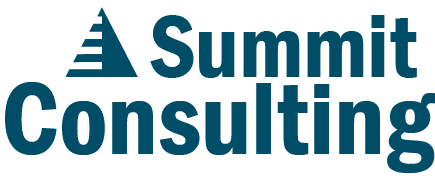Coaching is one of the most effective methods of enhancing performance. It involves deliberate and specific activities that are designed to help people develop their skills by learning on the job. A good coach leads highly productive teams who are keen to learn new skills and as a result significantly increase the cost effectiveness and efficiency of their department/organization.
Coaching core competencies are as follows:
1. Meeting Ethical Guidelines & Professional Standards:
Clearly communicates the distinctions between coaching, consulting, psychotherapy and other support professions.
2. Establishing Coaching Agreement:
Understands and effectively discusses with client the guidelines and specific parameters of the coaching relationship.
3. Establishing Trust Intimacy with Client:
Demonstrates respect for client’s perceptions, learning style and personal well-being.
4. Coaching Presence:
Remains present and flexible during the coaching process, dancing in the moment, assess own intuition and trusts one’s inner knowing -“goes with the gut.”
5. Active Listening:
Attends to client and their agenda, rather than the coach’s agenda for client.
Summarizes, paraphrases, reiterates, and mirrors back what client says to ensure clarity and understanding.
6. Powerful Questioning:
Asks questions that evoke discovery, insight, commitment or action (e.g. challenging client’s assumptions).
7. Direct Communication:
Re-frames and articulates to help client understand from another perspective what they want or are uncertain about.
8. Creating Awareness:
Identifies for client differences between facts and their interpretation, disparities between thoughts, feelings and actions.
Helps clients discover new thoughts, beliefs, perceptions, emotions, moods, etc. That strengthen their ability to take action and achieve what is important to them.
9. Designing Actions:
Brainstorms and assists clients to define actions that will enable them to demonstrate, practice and deepen new learning.
Celebrates client successes and capabilities for future growth.
10. Planning and Goal Setting:
Consolidates collected information and establishes a coaching plan, as well as development goals with client addressing concerns along with major areas for learning and development.
11. Managing Progress and Accountability:
Clearly requests actions from client that will move them towards their stated goals.
Acknowledges client for what they have done, not done, learned or become aware of, since previous coaching sessions.
